Its totally understandable, if the people aroung you are sort of mature.
Experts Explain Why Putting Yourself First Isn’t Selfish at All
We put a lot of effort into making our loved ones, friends, and even our bosses happy. There is nothing wrong with going the extra mile for other people, but it’s not healthy when we hesitate to do the same for ourselves simply because we’re afraid of being called selfish.
Here at Bright Side, we believe in the importance and benefits of self-love, so we gathered several points that explain why you shouldn’t feel guilty about prioritizing yourself.
1. Putting yourself first will also benefit the people you love.

There’s a reason why flight attendants instruct us to put our oxygen masks on first before helping others during a flight emergency — if we run out of oxygen, we won’t be able to assist anyone. In the same way, when you’re too exhausted or extremely unhappy, you’re no good to the people around you.
A clinical psychologist, Tracy Thomas, Ph.D., notes that your relationships with the people you love are better when you are at your best physically, mentally, and emotionally. So don’t feel guilty about taking time off or doing things that spark joy. Your loved ones will thank you for it.
2. Resting is a requirement, not a reward.
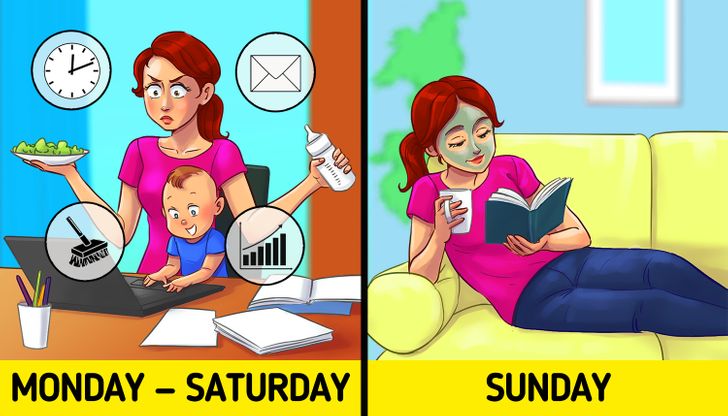
When you’re fully burned out, you reduce your work, home, and social productivity. Prolonged stress can also drain you mentally and emotionally. We know that you can’t pour from an empty cup, so you need to fill it up by taking care of yourself.
Psychiatrist Vanessa Padilla, M.D., recommends learning to say no when you’re overwhelmed with things to do and to delegate tasks instead. Exercising, relaxing, and getting enough sleep will also improve your overall health and mood.
3. Pushing yourself beyond your limits can make you physically sick.
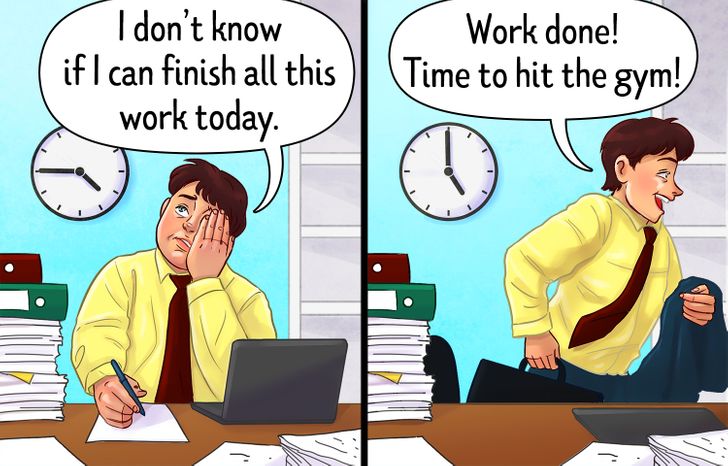
Stress activates the body’s fight or flight response by releasing a hormone called cortisol. While this physiological reaction gives you the energy boost you need, increased levels of cortisol due to chronic stress may also cause health problems, like weight gain, higher blood pressure, a compromised immune system, and risks of other diseases.
Taking a personal break or maintaining a work-life balance is not selfish — it’s essential for your well-being.
4. You transfer your energy to the people around you.
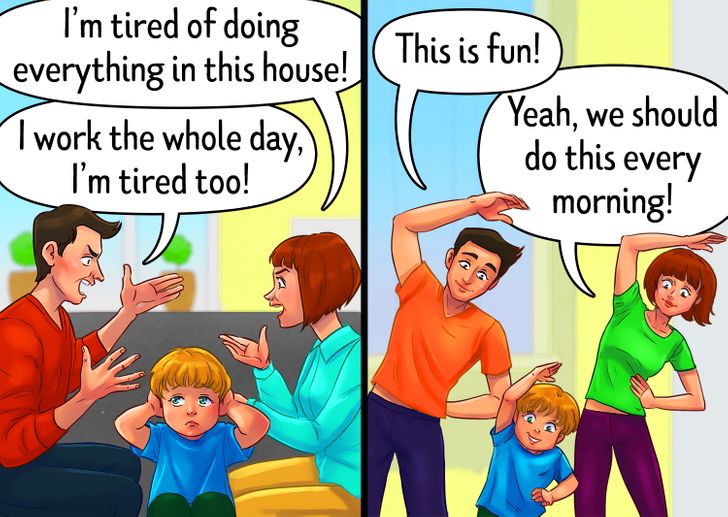
Dr. Thomas explains that your family and friends absorb your mood and energy. If you’re always toxic, angry, or exhausted, people around you will feel that too. In fact, one study found a correlation between parenting stress and elevated cortisol levels in children.
Looking after yourself and your health will put you in a better disposition. And when you give off good vibes, you transfer positive energy to your loved ones as well.
5. It’s okay to not be okay.
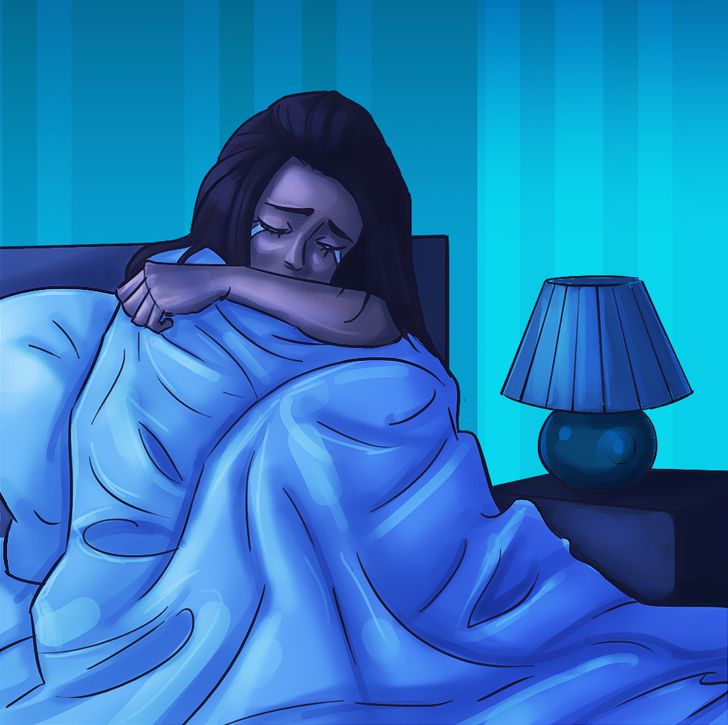
Dr. Padilla says there is nothing wrong with throwing a pity party sometimes. You should acknowledge that all your emotions are valid, even the negative ones. You must also learn to accept that not everything is in your control.
However, the key to avoiding a downward spiral is to set a deadline for feeling the blues. After experiencing all these emotions, you need to let them go. You have to ask yourself what would make you feel better and act on it.
6. Everyone needs alone time.
Experts have outlined multiple benefits of having alone time, which include allowing your mind to reset and improving the quality of your relationships. Solitude can be achieved by physically distancing yourself from people and also by disconnecting from social media.
Dr. Padilla says you need to know when to step away from excessive social media use and to keep in mind that curated content doesn’t reflect real life. She adds that it’s also okay to pass on social engagements, virtual or otherwise, if you feel like you need time for yourself.
7. Sometimes saying “no” to others means saying “yes” to your own happiness.

Saying “no” is often associated with selfishness, but Dr. Joy Francisco, Ph.D., believes that saying “no” means you respect yourself enough to stand up for what you think is best for you.
When you keep forcing yourself to do something you don’t want to, you will end up feeling miserable and full of angst. You create your own happiness, and you shouldn’t prioritize other people’s contentment over yours.
8. The way you treat yourself serves as an example of how people should treat you.
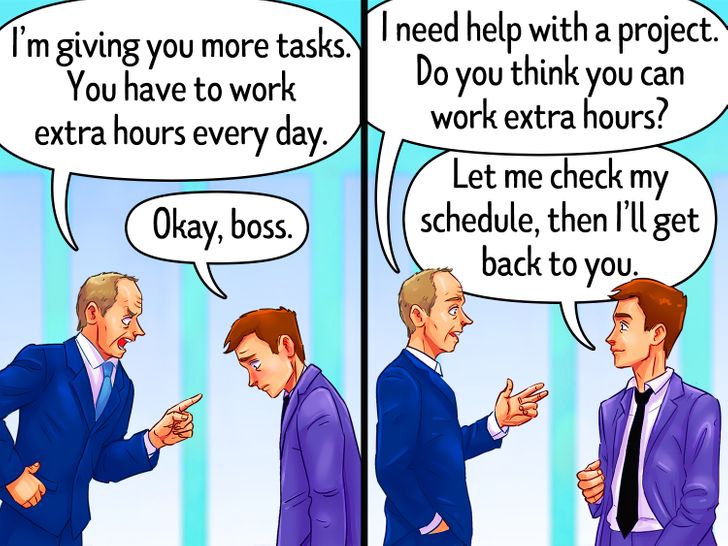
Psychotherapist Josephine Wiseheart, MS, says “to teach people how to treat you, you do not begin with them, you begin with yourself.” You set the standard for how others should regard you. If you neglect yourself, they will most likely take advantage of you or take you for granted.
It’s okay to help other people, but keep in mind that there is a difference between being helpful and being a pushover. Wiseheart recommends evaluating your self-worth and contemplating the treatment you think you deserve.
9. Self-care is not the same as being self-absorbed or narcissistic.

Being self-absorbed means you’re only interested in yourself and you ignore everyone else. Being narcissistic is defined as having “excessive infatuation with oneself.” Self-care is the complete opposite of being selfish. It’s about nurturing and embracing your own emotions so that you can be a better person for others.
10. Sometimes you need to be your own hero.

Friends and family will always be there to support you, but at the end of the day, you are the captain of your own ship. It’s up to you to make your own life decisions and deal with your own emotions. And by prioritizing your overall well-being, you become the best version of yourself.

What’s the best thing you’ve ever done for yourself? Do you have a self-care routine?
Comments
Related Reads
My DIL Insulted Me Being Unaware I Was Supporting Their Family, My Revenge Made Her Turn Pale
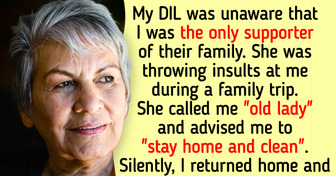
I Was Humiliated by My MIL, but Karma Had Other Plans

I Excluded My Stepson From Our Family Vacation

12 Family Secrets That Could Outdo a Hitchcock Thriller
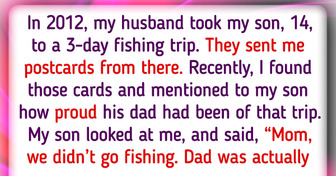
12 People Whose Life Has More Twists Than a Telenovela

18 Stories About Mothers-in-Law That Are Full of Drama

10 People Share Creepy Stories That Actually Happened to Them

I Refused to Give Up My Table to a Family—I Was the One Who Booked It

My Stepdaughter Hates Me, but She’s About to Learn the Truth—It’s Time for a Reality Check

I Discovered the Shocking Reason My Fiancé Decided to Marry Me

15 Eerie True Events That Break Every Rule of Reason

I Spent Years Saving for an Engagement Ring, and It Vanished Without a Trace
